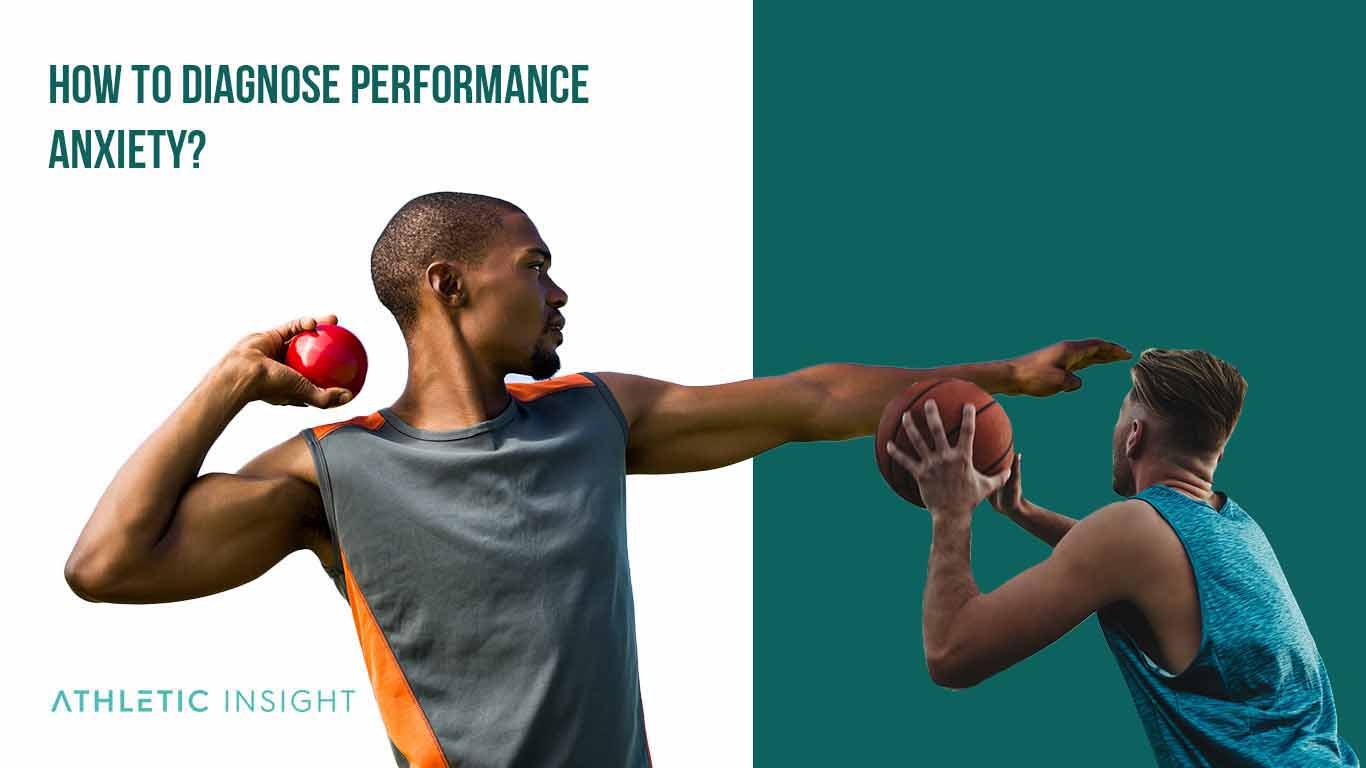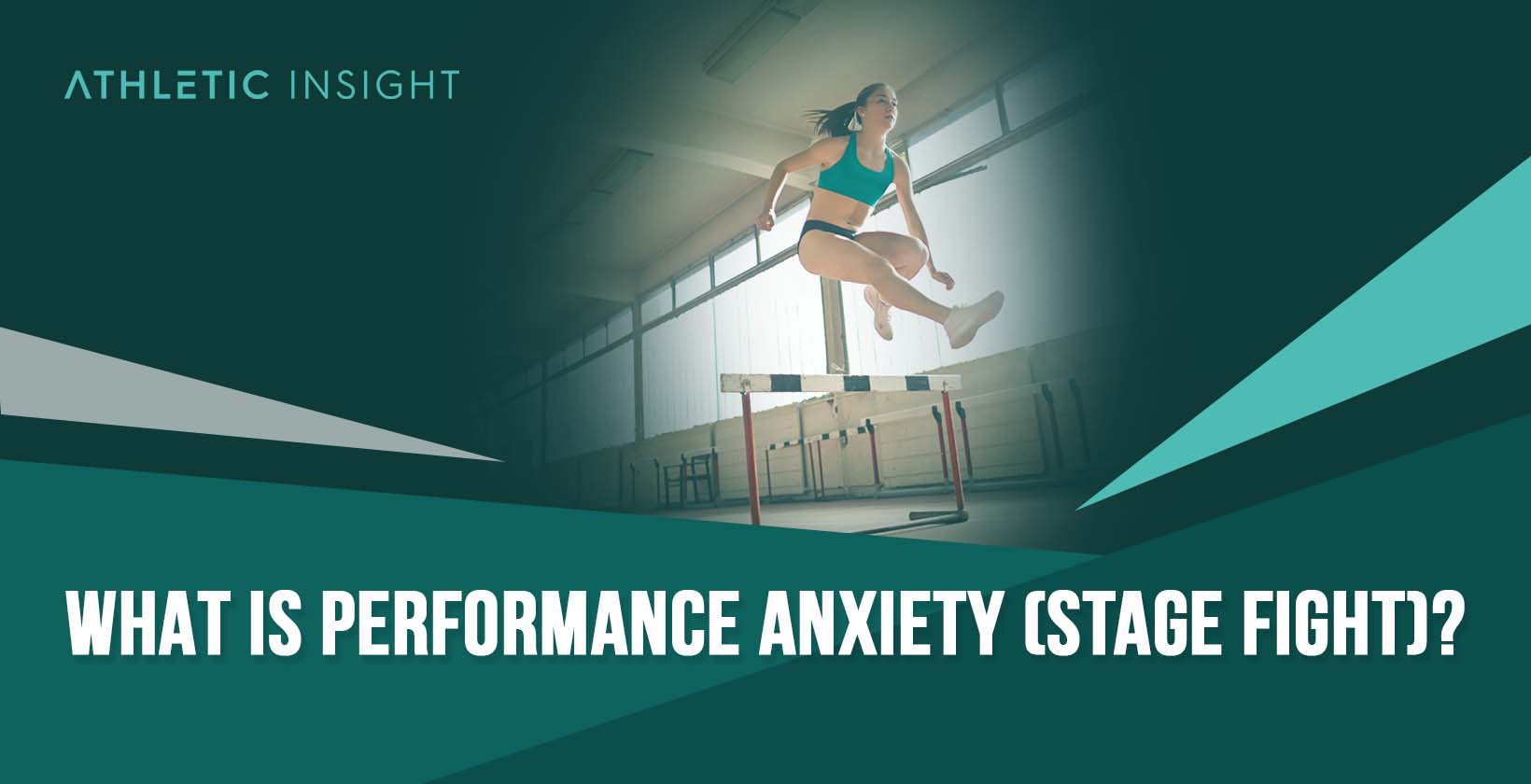Performance anxiety, often known as stage fright, is when a person experiences overwhelming anxiety or fear of completing a task. These tasks are often done in front of others or receive public judgment, like a musical performance, public speaking, taking a test, or even having sex.
This affliction is actually pretty common in adults, with many reporting that giving a speech or singing in public would be a considerable social fear for them. A 2001 Gallup poll stated about 40 percent of adults considered public speaking one of their biggest fears.
Stage Fright is another name for performance anxiety, and they refer to the same thing. However, stage fright is often considered a more minor form of this affliction. Performance anxiety can become so severe it is sometimes classified as a social phobia.
Each of the different types of performance anxiety is unique and affects people differently. A violinist may experience musical performance anxiety but may not fear public speaking. There are many different types, also including athletic performance anxiety.
In athletic performance anxiety, athletes of any caliber may not perform simple and routine tasks on the field, court, or pitch. Or, the athlete may simply lack the consistency needed to perform at a higher level. Sometimes, physical symptoms prevent athletes from competing.
There are three leading causes of performance anxiety. First, a person may be having a response to a situation that was negative the last time. Some people suffer from chronic, intrusive thoughts that can trigger performance anxiety or from a lack of control over their emotions.
What are the types of Performance Anxiety?
The types of performance anxiety usually relate to the type of activity that is affected by the performance anxiety. Musical performance anxiety, sexual performance anxiety, and athletic performance anxiety are some common types you may associate with “stage fright.”
Are there symptoms for it?
Every person experiences performance anxiety in their own way and in relation to their own specific set of triggers. What looks or feels like stage fright to one person may look like a normal or healthy response in someone else.
Some of the most common symptoms of performance anxiety include a rapid pulse and breathing, cold and clammy hands, a shaky voice, or even nausea or double vision. These symptoms are similar to a “fight or flight” response triggered by the situation.
How does performance anxiety relate to cognitive behavioral therapy?
Cognitive-behavioral therapy has proven to be the most effective treatment for performance anxiety of all kinds. This kind of therapy relies on recognizing and changing patterns of thought and behavior that are not helpful to the anxiety sufferer.
Cognitive-behavioral therapy encourages patients to step back and view their surroundings with an objective eye instead of an often distorted version of reality we see when we have been traumatized by something.
Gaining in popularity as more people embrace mental health, cognitive behavioral therapy is now widely available. It is recommended to participate in cognitive behavioral therapy only with a certified mental health professional as part of a care plan for your mental health.
What are the symptoms of sexual performance anxiety?
Even though intimate encounters are usually a much smaller performance, they can still prompt the same feelings of performance anxiety with a new partner. Because the experience may feel like you are being judged or critiqued about your skills, there can be performance anxiety for sex.
The symptoms of sex performance anxiety are similar to other performance anxieties because it prompts the same fight-or-flight response. This includes a racing heart, shallow breathing, and maybe a trembling voice or hands.
Because sex is not just a physical experience but a mental and emotional one as well, there can be many causes of performance anxiety sexually. Worrying that a person cannot “measure up,” a poor body image or lingering problems in a relationship can contribute to this anxiety.
However, there are specific sexual performance anxiety symptoms as well. These symptoms are different for every person and between the male and female sex. Some people are harder than others to witness signs he has performance anxiety.
If you have a boyfriend with performance anxiety or are dating a guy with performance anxiety, there are ways to help that don’t involve performance anxiety Reddit. In females, a condition called vaginismus may happen, making sex painful or even impossible.
Vaginismus is the involuntary flexing of the muscles around the vagina. Because this cannot be controlled, the initial penetration of sex can be very painful or simply not possible. Stress hormones released when feeling anxious can also make natural lubrication difficult for women.
For men, erectile dysfunction is a common symptom of sexual performance anxiety. Erectile dysfunction happens when stress hormones prompted by anxiety tighten your blood vessels. This means less blood can reach the penis and cause the erection necessary for sex.
Male performance anxiety solutions include special pharmaceuticals, many of which have become household names. Your doctor may prescribe Viagra for performance anxiety.
Just like with the other types, it is essential to learn how to cope or overcome sexual performance anxiety and not focus on “how to get over sexual performance anxiety” or “how to stop performance anxiety.”
How to diagnose performance anxiety?
It is best to work with a psychiatrist or other mental health professional if you want to explore a diagnosis for performance anxiety or performance anxiety ed. These doctors can prescribe the medication that may work for you or teach you how to break the cycle of performance anxiety.

If you choose not to seek a formal diagnosis for performance anxiety, there are still helpful tools you can use to overcome performance anxiety. Read on to learn about different mindfulness and coping skills you can use to learn how to break the cycle of performance anxiety.
How to overcome performance anxiety?
Medications
The mental health professional you choose may elect to prescribe medications to help you conquer your performance anxiety. These prescriptions are among the best tools to help patients overcome performance anxiety.
Your doctor could decide to prescribe propranolol for performance anxiety. Propranolol is not an anxiety medication like other common treatments for performance anxiety like Xanax or Zoloft, which treat specific regions of the brain. Instead, this medicine is called a “beta-blocker.”
Beta-blockers reduce the effect of stress hormones in your body. Stress hormones kick in when your brain tells your body it’s in trouble, and trigger performance anxiety symptoms like sweaty and shaking hands, dry mouth, dizziness, and nausea.
A common question is, “how long does propranolol last for performance anxiety relief”? Beta-blockers start to work about an hour after taking and will last a few hours. Some medical professionals believe propranolol is simply a placebo and does not have legitimate pharmaceutical benefits as performance anxiety medication.
The standard propranolol dosage for performance anxiety is one 40 milligram pill taken one hour before the event that triggers stage fright. However, your doctor will determine individual performance anxiety treatment.

Therapy and Coping Skills
If you prefer not to go the pharmaceutical route, there are mental health exercises that will go a long way to help you overcome performance anxiety. It may be helpful to think about it as “how to deal with performance anxiety” rather than “how to get rid of performance anxiety.”
People who suffer from performance anxiety should first learn tools to accept and face their fears. Cognitive-behavioral therapy, which we discussed in-depth above, is a great tool to help you overcome performance anxiety.
If you find yourself in an experience that has triggered performance anxiety in the past, it is essential to learn and practice coping skills to help you through the experience. Before the event, practice breathing exercises or a preparation routine, like taking a calming walk.
And it’s not just the beginning of a stressful moment that will need tools to teach you how to get over performance anxiety. It is crucial to set benchmarks on the way to help keep you calm and focused. For example, build in mindful pauses in your speech or a little note cheering you on.
How does performance anxiety affect the athletes’ success?
For athletes, having performance anxiety can make or break a big moment. As is common with performance anxiety, it affects people in different ways and can manifest at any time. Athletic performance anxiety may look like an inability to perform simple or routine tasks.

Athletic performance anxiety is actually so commonplace it has its own name. Known as “the yips,” this affliction has affected athletes all the way to the top of professional sports.
When “the yips” occur, a baseball pitcher may forget how to throw a ball, or a golfer may be completely unable to putt.
Just like with any other type of performance anxiety, it is essential to consult a professional. Even though you may feel like your performance anxiety is limited to just sports, there may be a hidden mental or emotional toll connected to your sports performance anxiety.



